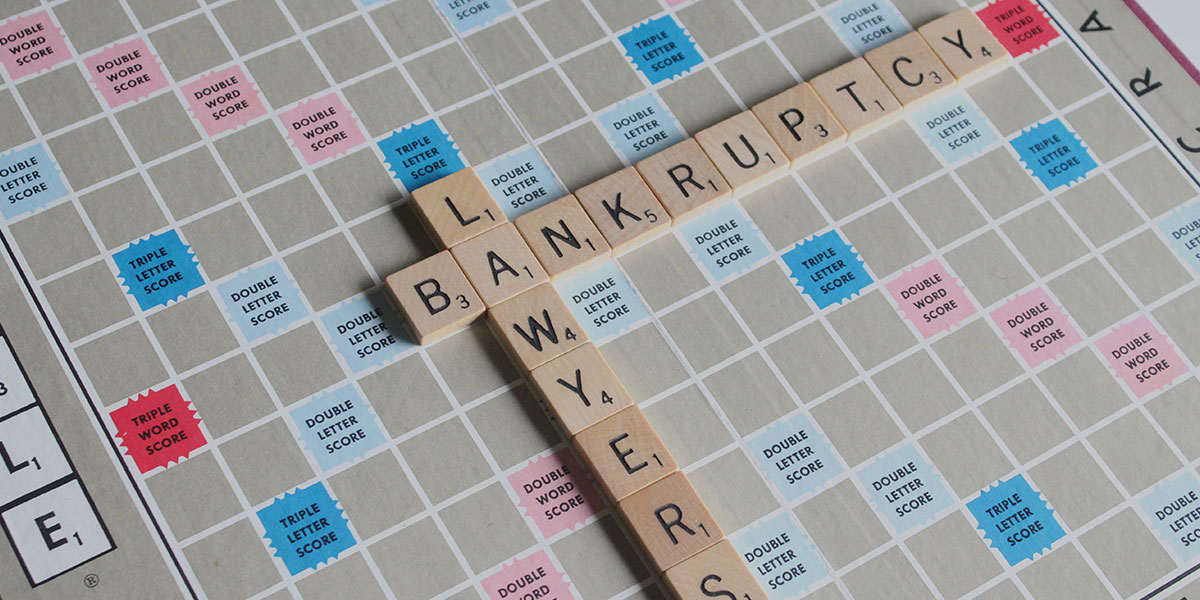Understanding Chapter 13 Bankruptcy in New York
Overview of Chapter 13 Bankruptcy
For individuals with a steady income who find it challenging to manage their debts, Chapter 13 bankruptcy in New York could be the solution they need. This form of bankruptcy, also known as a wage earner’s plan, allows individuals to create a structured repayment plan over a period of three to five years. Unlike Chapter 7 bankruptcy, Chapter 13 enables individuals to retain their property while gradually paying off their debts.
Advantages of Chapter 13 Bankruptcy in New York
Chapter 13 bankruptcy offers various benefits that can significantly enhance an individual’s financial situation. Some of the key advantages include:
- Debt Management: Individuals can develop a manageable repayment plan based on their income and expenses, ensuring gradual debt repayment.
- Foreclosure Protection: Filing for Chapter 13 bankruptcy prevents foreclosure proceedings, providing an opportunity to catch up on missed mortgage payments and potentially save the individual’s home.
- Protection from Creditors: Once Chapter 13 bankruptcy is filed, creditors are prohibited from engaging in collection activities, offering relief from harassment.
- Flexible Repayment Terms: Individuals can extend the repayment period, reduce interest rates, and, in certain cases, reduce the principal balance owed on specific debts, making it easier to manage financial obligations.
Eligibility Requirements for Chapter 13 Bankruptcy
To be eligible for Chapter 13 bankruptcy in New York, individuals must meet specific criteria, including having a reliable source of income to make monthly payments under the repayment plan, adhering to debt limitations, and considering any restrictions on previous bankruptcy filings.
Filing Process for Chapter 13 Bankruptcy
Filing for Chapter 13 bankruptcy involves several essential steps, including:
- Educating Yourself: Understanding Chapter 13 bankruptcy laws, rules, and processes thoroughly.
- Consulting with an Attorney: Seeking guidance from an experienced bankruptcy attorney.
- Completing Credit Counseling: Taking a credit counseling course from an approved agency.
- Preparing and Filing Bankruptcy Forms: Gathering necessary information and completing required forms with the assistance of an attorney.
- Submitting Your Filing: Filing bankruptcy forms and paying associated fees with the bankruptcy court.
- Attending the Meeting of Creditors: Participating in a meeting where the trustee and creditors can ask questions about financial affairs and proposed repayment plans.
- Following the Repayment Plan: Making regular monthly payments to the bankruptcy trustee once the plan is approved.
- Completing a Financial Management Course: Enhancing money management skills by completing a course.
- Receiving Discharge: Obtaining a discharge upon successfully completing the repayment plan.
The post : What You Need to Know.
Unlock the Secrets of Chapter 13 Bankruptcy in New York: Here’s What You Need to Know appeared first on lawyer.bet.




